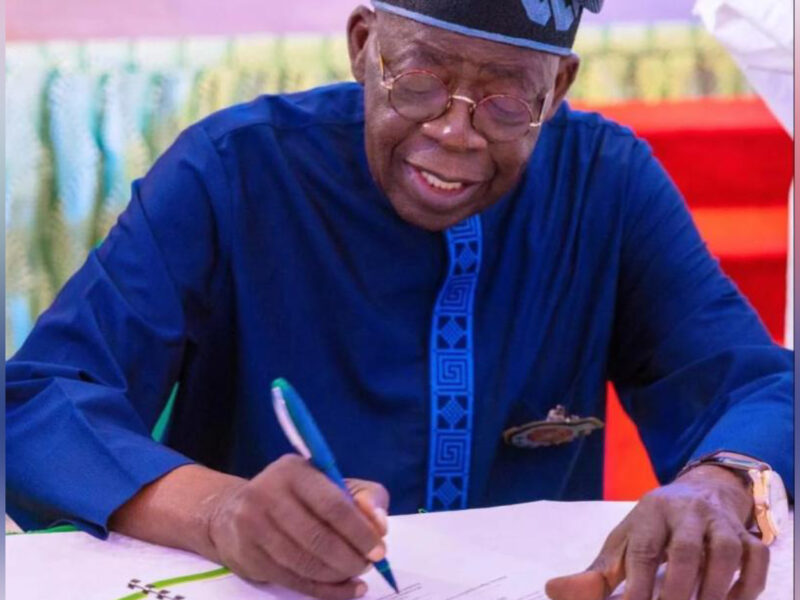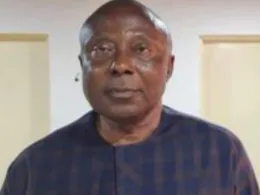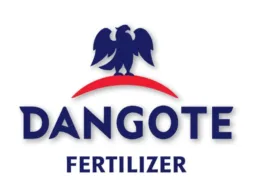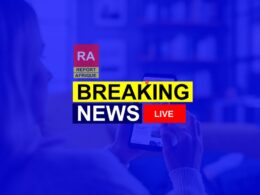The Federal Government of Nigeria has received $751.88 million from the World Bank as part of a $1.5 billion loan approved earlier this year to support economic reforms and stabilization efforts. The loan is being implemented under the Nigeria Reforms for Economic Stabilization to Enable Transformation (RESET) Development Policy Financing Program (DPF) project.
According to officials, the loan is part of a broader package of $2.25 billion approved by the World Bank for Nigeria in June to support the country’s economic recovery and growth. The loan comprises two separate agreements between Nigeria and the World Bank: an International Development Association (IDA) credit of $750 million and an International Bank for Reconstruction and Development (IBRD) loan of $750 million.
The amount which was disbursed includes $1.88 million from the IBRD and the entire $750 million from the IDA loan, leaving an undisbursed balance of $748.13 million. The loan is expected to support significant reforms in Nigeria’s economy, with a focus on increasing fiscal oil revenues, boosting non-oil fiscal revenues, expanding social safety nets, and promoting economic diversification.
The Federal Ministry of Finance is responsible for implementing the reforms, working closely with other stakeholders such as the Central Bank of Nigeria and the Ministry of Humanitarian Affairs and Poverty Alleviation. The World Bank will provide supervision and support throughout the implementation process to ensure that the project’s goals are met efficiently and effectively.
Criteria for Nigeria to access undisbursed funds
To access the remaining funds, Nigeria must meet certain conditions outlined in the loan agreement documents. These conditions include implementing a presidential executive order mandating all fiscal transfers to be executed at the prevailing market exchange rate, submitting a draft bill to increase the Value-Added Tax rate to at least 12.5% by 2026, and mandating the use of the national social registry as the primary targeting tool for social investment programs.
While Nigeria has made some progress in implementing these reforms, continuous monitoring and adherence to the agreed-upon conditions are crucial to ensure the continued availability of funds. The World Bank team will closely monitor Nigeria’s compliance with these conditions to ensure that the project’s objectives are achieved.







![JUST IN: U.S. Embassy Announces $175,000 Education Grant for Nigerian Students [HOW TO APPLY] U.S. Embassy Announces $175,000 Education Grant for Nigerian Students](https://reportafrique.com/wp-content/uploads/2024/12/images-2024-12-12T190208.802-260x195.jpeg)


Join our Channel...